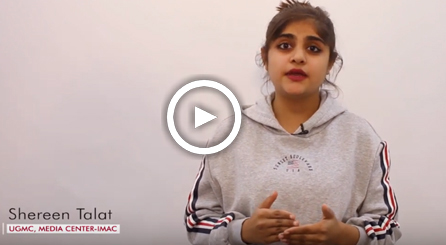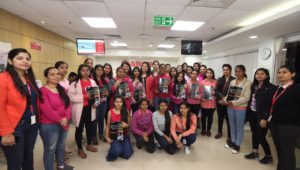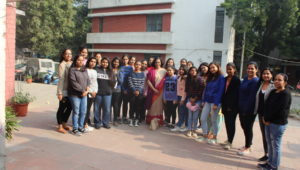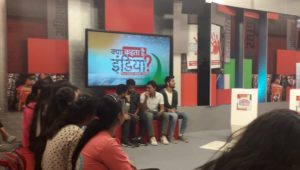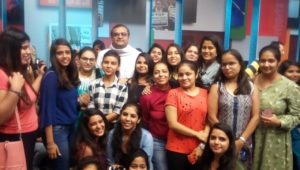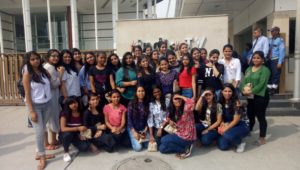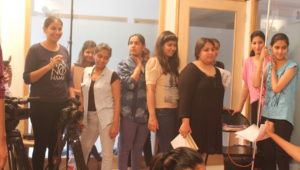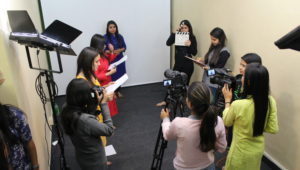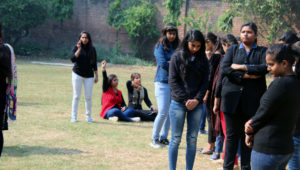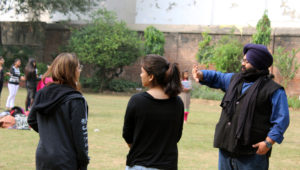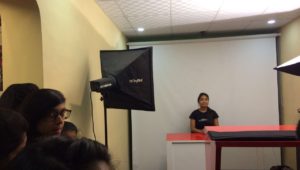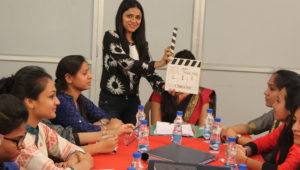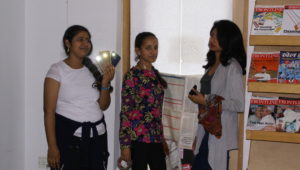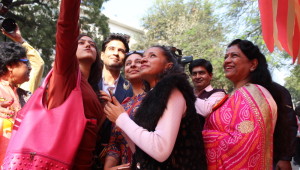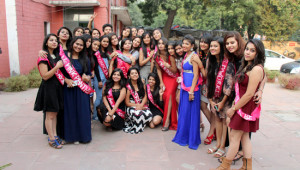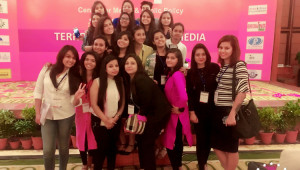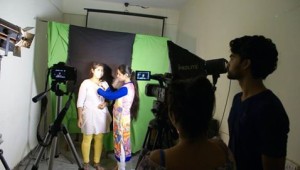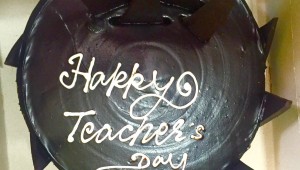Online Reporting
There are some basic rules pertaining to journalism especially from a journalist’s point of view while reporting online. The media has emerged up for the busy people mainly, and for its global reach just with the help of a click.
- While reporting online, an online reporter should abide by the following rules:
The news story has to be brief and precise if it has to sustain the browser’s attention. A story that runs into two or more screens is not likely to hold reader’s attention for long. Word count continues to be an important yardstick in the case of net; the internet reporter must keep in mind while writing the story. They must ensure that it runs across the minimum number of screens in the format chosen by the site editors. - The Internet reporter must abide by the inverted pyramid format. It is the most logical storytelling format. The most crucial point is hosted, right on top of the story, the less important points follow. This saves the user the need to plough through to the last paragraph to find out what happened.
- The reporters writing for online media must learn to write short sentences using simple, common, everyday words that a browser will have no difficulty in understanding. Paragraphs should be precise and short. Lengthy paragraphs create fatigue and push browsers to reach for the mouse.
- The Internet reporter must build the ability to break a story into short, fascinating side stories. The side stories enhance browser’s interest, and give more hits and clicks for the site.
- The web journalist must understand that a mistake, even if it is corrected after it is omnipresent on the site, does not offer much comfort to the individual or the company that has already suffered loss of face on account of the error. A mistake will be deemed as a blunder in case of false information.
Editing for the Web
The first precondition for internet editing is economy. A story must be reported in as few words as possible. The sentences should be short and easy to read. There are 11 golden rules that are well-known for editing in print. All these rules are invariably crucial for editing on the net. Let us give a glimpse.
– Construct short sentences.
– Avoid modifiers.
– Substitute wordy phrases with simple small words.
– Delete relative clause
– Avoid starting a sentence with a subsidiary clause.
– One sentence, one idea.
– Use active voice.
– Remove cliché.
– Proper synchronization of names and designations.
– Use Simple, short and familiar words.
– Avoid abstractions.
Conclusion
Reporting, writing and editing for cyber media is an art so as a science, where creative faculty has to submerge with the rational one. A proper style, along with the proportional amalgamation of traditional doctrine” the inverted pyramid” and the most recent technique “search engine optimization” could take this media into zenith.
[This article is published by Media Center-IMAC in interest of student awareness and career guidance. Media Center-IMAC specializes in Post-Graduate/Under-Graduate diploma courses in Media Studies and Mass Communication & TV journalism. With practical oriented and industry specific course, Media Center- IMAC is a prominent institution in Delhi.
Our alumni have proven themselves in the media world and are currently working at prestigious media organizations and top news channels. Besides full time diploma courses, Media Center-IMAC also offers specialized certificate courses in TV reporting, Digital marketing, video editing, radio jockeying, photography and many more.
For more info, visit: http://www.mediacenterimac.com/
Or email at: mediacenterimac@gmail.com
Or call at: 011 43489010, 8076807939.]








